Even though Gabapentin is prescribed by doctors, it still has the potential to be addictive.
For people who misuse Gabapentin, the risk of addiction is even higher.
In fact, one study of people with an opioid addiction found that 15% also misused Gabapentin. [1]
Continue reading to learn more about Gabapentin, how addictive it is and the short and long-term effects of this medication.
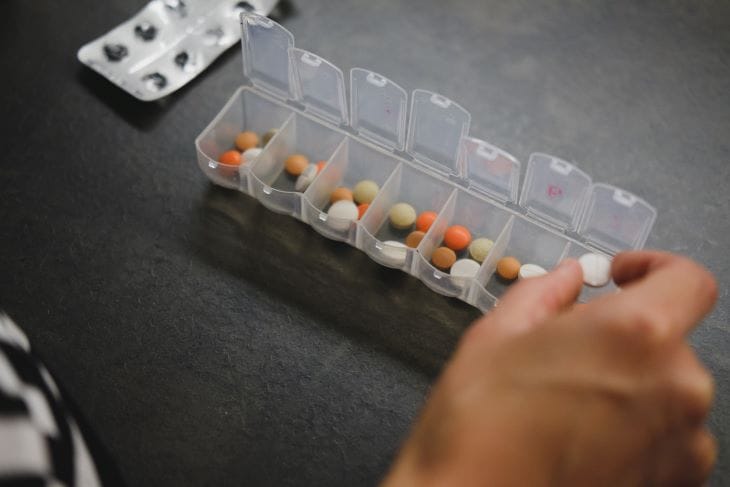
Gabapentin is an anticonvulsant medication commonly used to treat seizures.
It usually comes in the form of a pill which is taken three times a day by people who have epilepsy and have been prescribed this drug.
You must have a prescription to use Gabapentin. It is not available over-the-counter and you cannot use someone else’s medication.
As well as seizures, Gabapentin can be used to treat postherpetic neuralgia.
This is a burning pain that can occur after you have recovered from shingles.
Gabapentin is also prescribed to people with restless leg syndrome as it can help them to stop moving their legs around.

Gabapentin works in various different ways depending on why it has been prescribed.
It can decrease abnormal electrical activity in the brain, which is thought to be why it is so effective at treating epilepsy and seizures.
Gabapentin can also change the way your brain and body senses pain, effectively blocking the pain signals.
As well as humans, Gabapentin is effective at treating similar conditions in animals.
You should never take your pet’s Gabapentin, and vice versa – the dosages are completely different and could be dangerous.
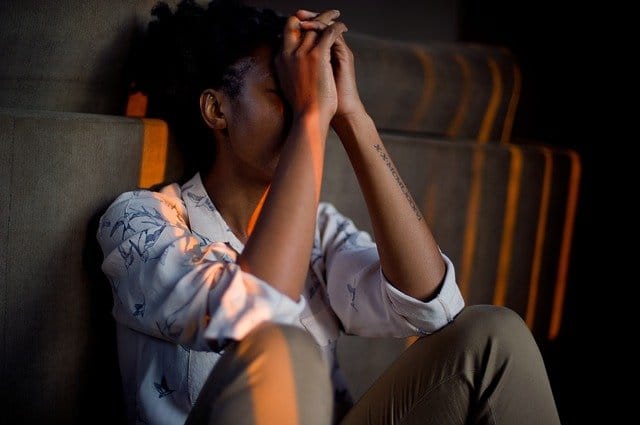
Even if you have been prescribed Gabapentin and take it as directed, it is still possible to become addicted to this medication.
Your doctor will help you to gradually withdraw from Gabapentin when it is no longer needed.
Never stop taking Gabapentin cold turkey or attempt to withdraw from it by yourself, as the withdrawal symptoms can be dangerous and may include seizures. [2]
The risk of addiction is higher if you are using Gabapentin without a prescription.
Some people combine Gabapentin with other substances like opioids which increases the likelihood of becoming physically and psychologically addicted to this drug, as well as the risk of overdose.
Gabapentin can make you feel euphoric, calm and relaxed, which is why some people use it recreationally.
It has been described as a similar high to cannabis.
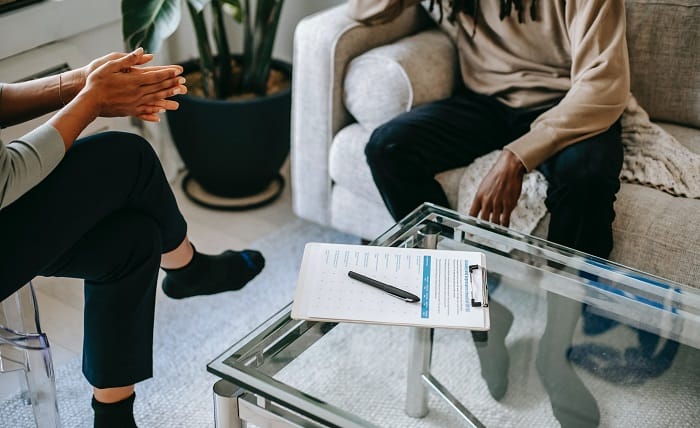
Although anyone can develop an addiction, there are certain risk factors that can make it more likely for you to develop a Gabapentin addiction.
Studies have shown that those with a family history of addiction are significantly more likely to develop an addiction themselves. [3]
This is due to several factors including a potential genetic link as well as the likelihood of experimenting with addictive substances at a young age.
If you are addicted to or in recovery from another substance such as alcohol, nicotine or opioids, you are at greater risk of developing a Gabapentin addiction, as these substances can change the way your brain responds to medication.
Being prescribed Gabapentin, knowing someone who is prescribed this medication or having easy access to someone who illegally sells Gabapentin can increase your risk of developing an addiction.

People who grow up in an environment where drug and alcohol misuse is common and even socially acceptable may not be aware of the dangers of addiction or may have tried drugs at a young age and become more susceptible to a potential Gabapentin addiction.
Depression, anxiety and PTSD are just some of the mental health conditions that can make you more likely to develop an addiction.
Some people use drugs and alcohol as a way to manage the symptoms of their mental health condition, and this can lead to an addiction.

Even though Gabapentin can legally be prescribed and is very helpful at treating certain conditions, it can still be addictive.
Symptoms of Gabapentin addiction include:
Gabapentin may not always show up on drug screenings, so it’s important to be aware of the symptoms of addiction in your loved ones.
If you have been prescribed Gabapentin and are concerned that you have become addicted, speak to your doctor.
If you are taking Gabapentin recreationally without a prescription, call Rehab 4 Addiction on 0800 140 4690 for free advice and support.
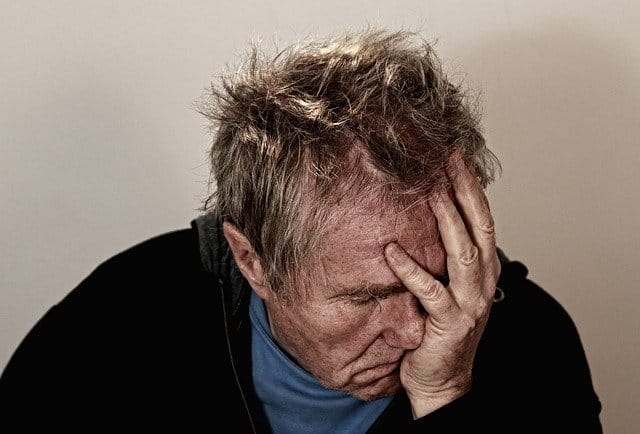
Most people who use Gabapentin will experience one or more of the below side effects.
They are extremely common, although some can be very unpleasant.
Common side effects of Gabapentin include:
If you have been prescribed Gabapentin, these common side effects are nothing to worry about. If they bother you, speak to your doctor.
If you are taking Gabapentin recreationally, it is recommended that you seek help to safely withdraw from this medication.
You are at risk of developing long-term complications that can continue even after you stop using Gabapentin.

While most people will only experience the common side effects of Gabapentin that are listed above, some may notice more serious side effects.
It’s important to be aware of what these are, so you can seek medical advice and treatment if necessary.
Severe side effects of Gabapentin include:
It is recommended that you seek immediate medical advice if you have been using Gabapentin and begin to notice any of the above side effects.

If you use Gabapentin for a long time, you may experience side effects that continue even after you stop using this medication.
This is more likely if you are using Gabapentin recreationally, but can also occur even if you are prescribed it and are taking it as directed.
Long-term side effects of Gabapentin incllude:
Speak to your doctor if you are concerned about the potential long-term effects of Gabapentin, or call Rehab 4 Addiction on 0800 140 4690.
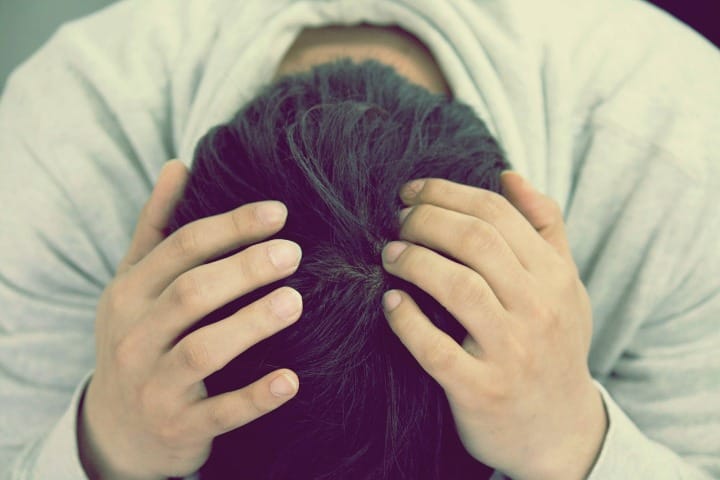
When you stop using Gabapentin you are likely to experience withdrawal symptoms as your body adjusts to no longer having this drug in your system.
These symptoms will usually start within 12 hours of beginning a Gabapentin detox and will peak within 72 hours in most cases.
Symptoms of Gabapentin withdrawal include:
If you are under medical supervision, a Gabapentin withdrawal is relatively safe. If you are attempting to withdraw by yourself, however, it could be dangerous.

It is possible to overdose on Gabapentin, particularly if you combine it with another substance such as opioids.
While a Gabapentin overdose is not usually fatal, it can be very dangerous when combined with opioids and you will need immediate medical treatment.
In severe cases, your respiratory system may shut down and you could have trouble breathing.
Common symptoms of a Gabapentin overdose include:
If you notice any of the above symptoms in yourself or someone else who is using Gabapentin, seek immediate medical advice and treatment.

You can recover from a Gabapentin addiction, and the best way to do this is to check into a rehab clinic that specialises in treating this type of substance use disorder.
You will first undergo a complete detox from Gabapentin, where your use of this drug will be slowly tapered down over the course of 7-10 days.
During this time you will be under 24/7 medical supervision while you go through withdrawal, with medication provided if necessary.
Once your detox is complete, you will attend a minimum of three weeks of counselling to help you discover healthy ways of dealing with stress and deal with any issues that may have contributed to the addiction.
After you leave rehab it is recommended that you continue with counselling, either privately or through an NHS-funded service, to help you sustain your recovery and reduce your chances of relapse.
These services will be detailed as part of your free aftercare plan after rehab.
Call Rehab 4 Addiction on 0800 140 4690 now to get help and support in recovering from a Gabapentin addiction – we can refer you to some of the top rehab clinics in the UK, taking your budget and lifestyle into account.
We can also offer a free assessment over the phone, helping you to understand the extent of the problem and feel confident in taking that next step towards recovery.

Below are some of the most frequently asked questions that we receive about Gabapentin.
Gabapentin is a Class C controlled drug in the UK, which means it is illegal to purchase without a prescription. [4]
It was only classified as a controlled substance in April 2019, after concerns about addiction and misuse came to light.
One study found that 913 deaths were directly caused by Gabapentin in England before 2019, with just over 25% of these deaths involving an additional prescription opioid. [5]
If you are caught in possession of Gabapentin without a prescription in UK you could face up to 2 years in prison.
If you are charged with supply and/or production of Gabapentin, this sentence increases to up to 14 years.
If you have a genuine reason to use Gabapentin and have received a prescription from your doctor, you will need to provide ID to collect this medication to ensure it doesn’t fall into the wrong hands.
According to the NHS, it is safe to drink alcohol while using Gabapentin as long as you have a prescription for this drug.
However, this may cause you to become sleepy.
Make sure to take necessary safety precautions – do not drive a car, ride a bike or operate heavy machinery if you are combining Gabapentin and alcohol.
The NHS also recommends avoiding alcohol for the first few days of your prescription until you know how Gabapentin will affect you.
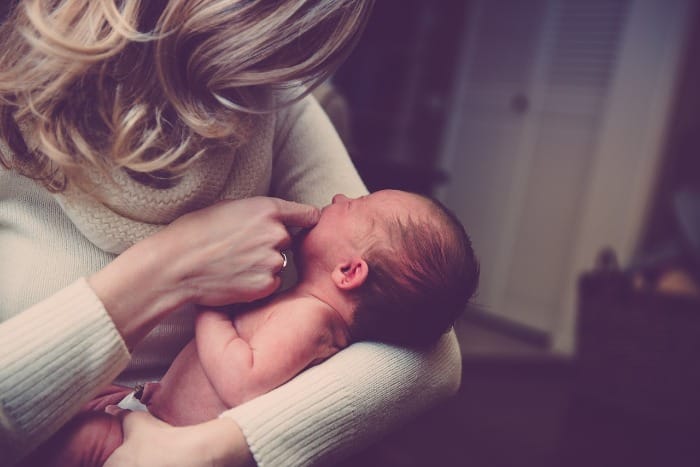
It is not recommended for pregnant women to use Gabapentin, as there have not been enough studies conducted to know for sure whether it is safe.
However, in some cases the benefits outweigh the risks.
If your doctor believes that taking Gabapentin or a similar medication while pregnant is safer than not taking it, the decision is ultimately yours.
However, you will need to be closely monitored throughout your pregnancy to ensure your unborn baby’s safety. [6]
If you do take Gabapentin while pregnant, there is a chance that your baby may go through Gabapentin withdrawal after birth.
This means they will require extra monitoring for the first few days of their life.
In terms of breastfeeding, studies have found that Gabapentin can travel through breast milk and into your baby’s system. This is thought to be relatively safe, but again your doctor will need to be aware so they can closely monitor your baby’s health.
[1] https://www.statnews.com/2017/07/06/gabapentin-becomes-target-of-opioid-abuse/
[2] https://medlineplus.gov/druginfo/meds/a694007.html
[3] https://www.ncbi.nlm.nih.gov/pmc/articles/PMC7115917/
[4] https://www.gov.uk/penalties-drug-possession-dealing
[5] https://bpspubs.onlinelibrary.wiley.com/doi/full/10.1111/bcp.15352